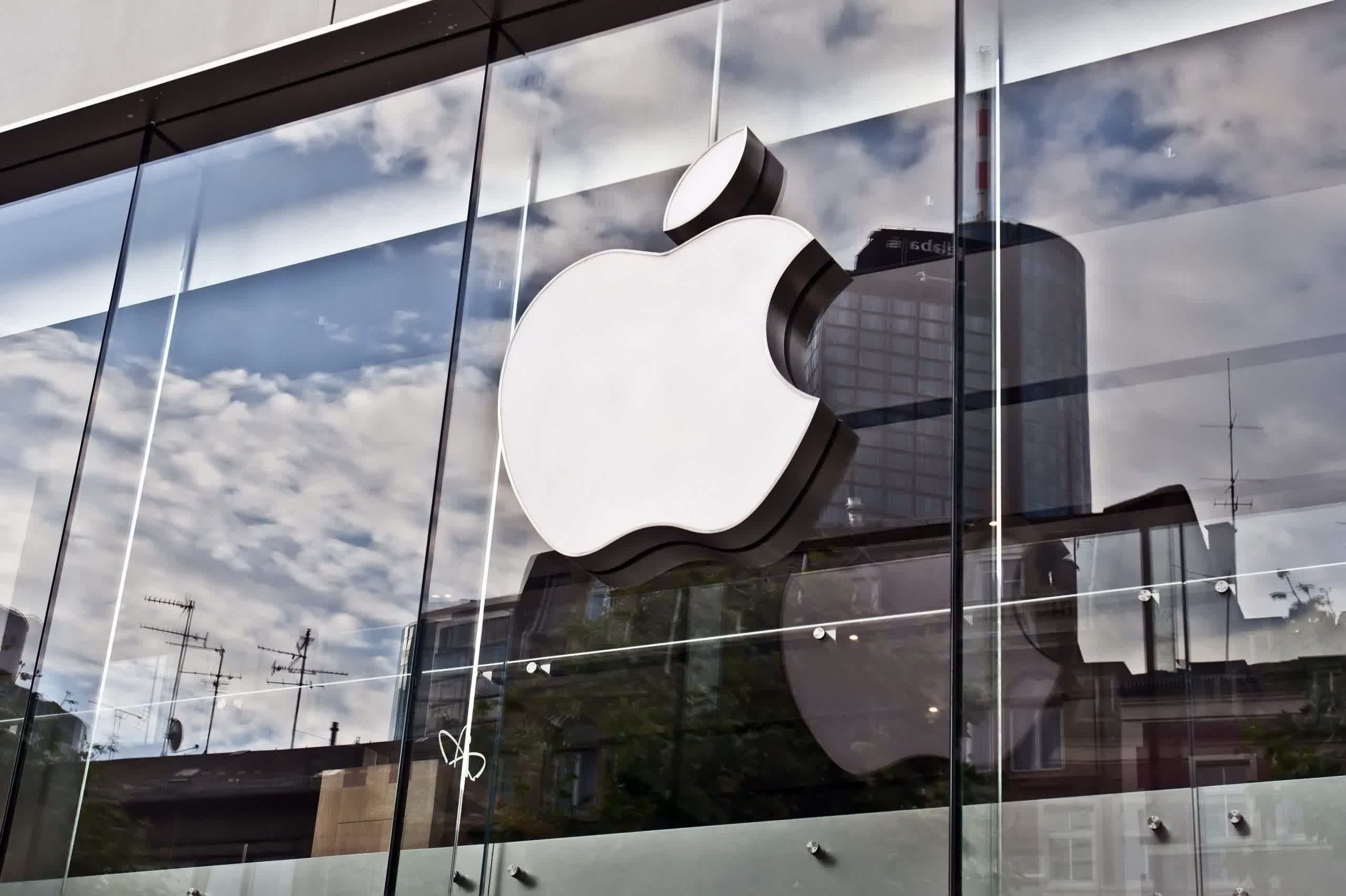In context: Large companies like Apple, Samsung, and HP typically have enough clout to get suppliers to prioritize them over smaller companies. Even though chips are hard to come by, these giants still thrived. Now, as Apple struggles to procure parts, the severity of the shortage seems to be coming to a head even for them.
Despite Apple's earnings being through the roof and rumors that its second-generation silicon may be ready in time for fall-released devices, Macbooks and iPads due out in the second half of 2021 will likely be delayed. The global chip shortage is affecting all manufacturers, including Apple, which is now producing its own SoCs full-bore.
The problem is not that Apple cannot manufacture enough of its 5mn M1 chips. It struggles with its supply chain to obtain other components, like disk controllers and display drivers, which rely on silicon manufactured with older processes.
Nikkei Asia notes that Apple has "postponed" production of MacBooks and iPads as it grapples with suppliers to obtain components used at "key" points in its assembly lines.
"Chip shortages have caused delays in a key step in MacBook production – the mounting of components on printed circuit boards before final assembly," sources say. "Some iPad assembly, meanwhile, was postponed because of a shortage of displays and display components."

So while the M2 chip will be ready as early as July for the next MacBooks later this year, Apple has delayed Q2 component orders until the second half of 2021. The tech giant's action says a lot about how severe the chip shortage has become, considering Apple is very good at managing its supply chain.
The sources say that the move is not affecting iPhone production but did note that the supply of some iPhone parts is still "quite tight." We might not see iPhone delays this year, but if chip manufacturers cannot catch up, we could see Apple skip a year or delay its 2022 flagships until early 2023.
Silicon Motion CEO Wallace Gou has a bleak outlook on the situation. Silicon Motion supplies NAND flash memory controller chips to companies, including Samsung, Western Digital, Micron, and Kingston, to name a few.
"We really don't see an end to this shortage, and things could be even worse, looking ahead to the end of the June quarter, as some smaller tech players could run out of some critical inventories to build their products and need to scale back production," Gou predicted.
Image credit: Apple Building by Vytautas Kielaitis, Inside MacBook by Akram Habibi
